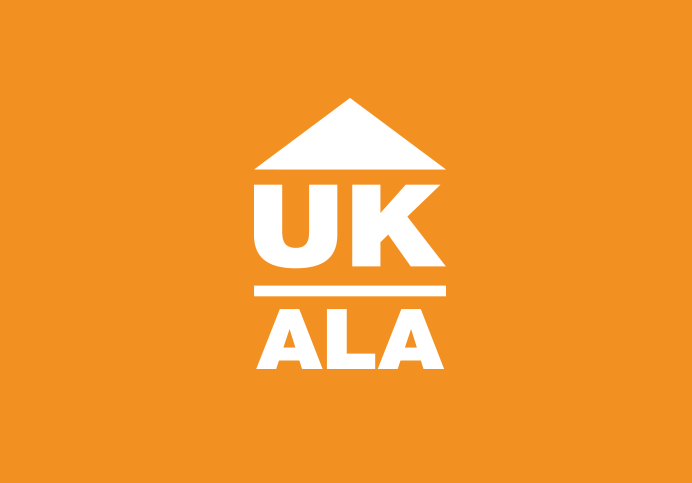
Management Orders and Selective Licensing
The Housing Act 2004 introduced tools available to the local authority to ensure that anti-social behaviour by private tenants is dealt with appropriately by the landlord.
Special Interim Management Orders (SIMOs) can be used by local authorities to tackle serious individual (and isolated) cases of anti-social behaviour which affect the community in the vicinity of the property.
The Housing Act 2004 introduced tools available to the local authority to ensure that anti-social behaviour by private tenants is dealt with appropriately by the landlord.
Special Interim Management Orders (SIMOs) can be used by local authorities to tackle serious individual (and isolated) cases of anti-social behaviour which affect the community in the vicinity of the property.
If the landlord is not taking action to deal with anti-social behaviour emanating from a property the local authority can apply to an Residential Property Tribunal (RPT) for a SIMO. If it is granted the local authority takes over the management of the property. The local authority has the right to take the appropriate steps to deal with the tenants’ anti-social behaviour in the property. During this time the landlord remains the legal owner of the property.
If the local authority applies to the RPT for a SIMO it will notify the landlord and he has the right to appeal against the application.
A SIMO lasts for a maximum of 1 year. It can be revoked at any time by the local authority if it is no longer needed to deal with the problem. If it is not revoked and the problem remains when it comes to an end the local authority can apply to the RPT for a Final Management Order (FMO) which lasts for 5 years.
If there is a wider problem of ASB involving an area suffering from significant and persistent anti-social behaviour emanating from several privately rented properties, the LHA can make a selective licensing scheme.
If an area is subject to selective licensing nearly all landlords of privately rented properties are required to obtain a licence. The scheme is intended to ensure that landlords and their managers in designated areas meet minimum management standards. If they fail to carry out their management responsibilities (including taking steps to deal with anti-social behaviour) the local authority can turn down a licence application or revoke an existing licence and will have to take over the management of the property via an Interim Management Order.
A separate course in this programme on licensing gives further information about the use of selective licensing and management orders.